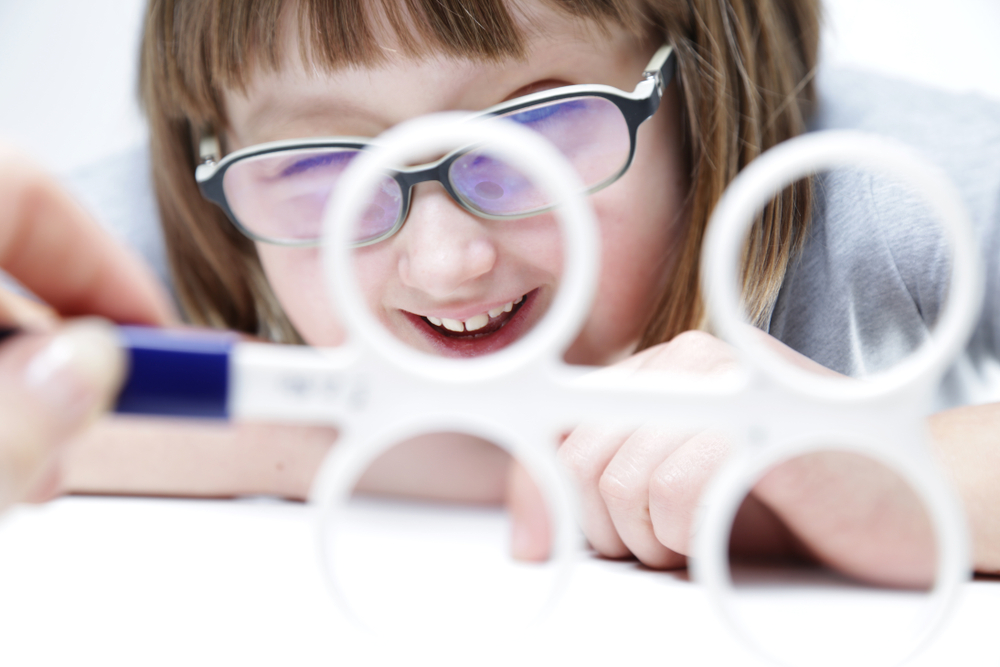
For many children and adults, vision problems can significantly impact learning and academic performance. While traditional eyeglasses or contact lenses correct refractive errors like nearsightedness or farsightedness, they do not always address underlying vision issues related to focus, eye coordination, or visual processing. This is where vision therapy can play a vital role in improving learning-related vision problems.
Understanding Learning-Related Vision Problems
Vision is more than just seeing clearly—it involves the ability to track, focus, and process visual information efficiently. When any of these functions are impaired, tasks such as reading, writing, and comprehension can become challenging. Some common learning-related vision problems include:
• Eye Tracking Issues – Difficulty moving the eyes smoothly across a page when reading.
• Convergence Insufficiency – Problems with eye coordination, leading to double vision or eye strain.
• Accommodative Dysfunction – Difficulty switching focus between near and far objects, affecting reading and board work.
• Visual Processing Disorders – Trouble interpreting and making sense of visual information, which can impact spelling, writing, and comprehension.
Children with undiagnosed vision problems may struggle with reading fluency, avoid homework, or exhibit signs of frustration in school. These issues are often mistaken for learning disabilities or attention disorders when, in reality, a vision-related problem may be the root cause.
How Vision Therapy Works
Vision therapy is a customized, doctor-supervised program designed to improve the brain’s ability to control and coordinate the eyes. Unlike corrective lenses, vision therapy works to enhance visual skills through structured exercises and activities tailored to each patient’s needs.
A vision therapy program may include:
• Eye-tracking exercises to improve reading efficiency and fluency.
• Convergence training to help with eye teaming and reducing strain.
• Focusing drills to enhance the ability to shift focus between different distances.
• Visual processing activities to strengthen the brain-eye connection and improve comprehension.
These exercises are performed both in-office and at home to reinforce new visual skills. With consistent practice, patients can experience improved focus, reading speed, and overall academic performance.
The Benefits of Vision Therapy for Learning
When vision problems are properly diagnosed and treated, students can experience significant improvements in:
• Reading comprehension and fluency
• Reduced eye strain and headaches
• Better attention and concentration
• Improved handwriting and fine motor skills
• Increased confidence and academic success
Get Started with Vision Therapy at Coers Family Eyecare, PC
Learning-related vision problems can be a hidden obstacle to academic success, but they don’t have to be a permanent struggle. Vision therapy offers a proven solution to improve focus, eye coordination, and visual processing, leading to better performance in the classroom and beyond.
Contact Coers Family Eyecare, PC, to schedule a consultation and learn how vision therapy can make a difference in your child’s education and daily life. Visit office in Columbus, Indiana, or call (812) 408-8400 to book an appointment today.









